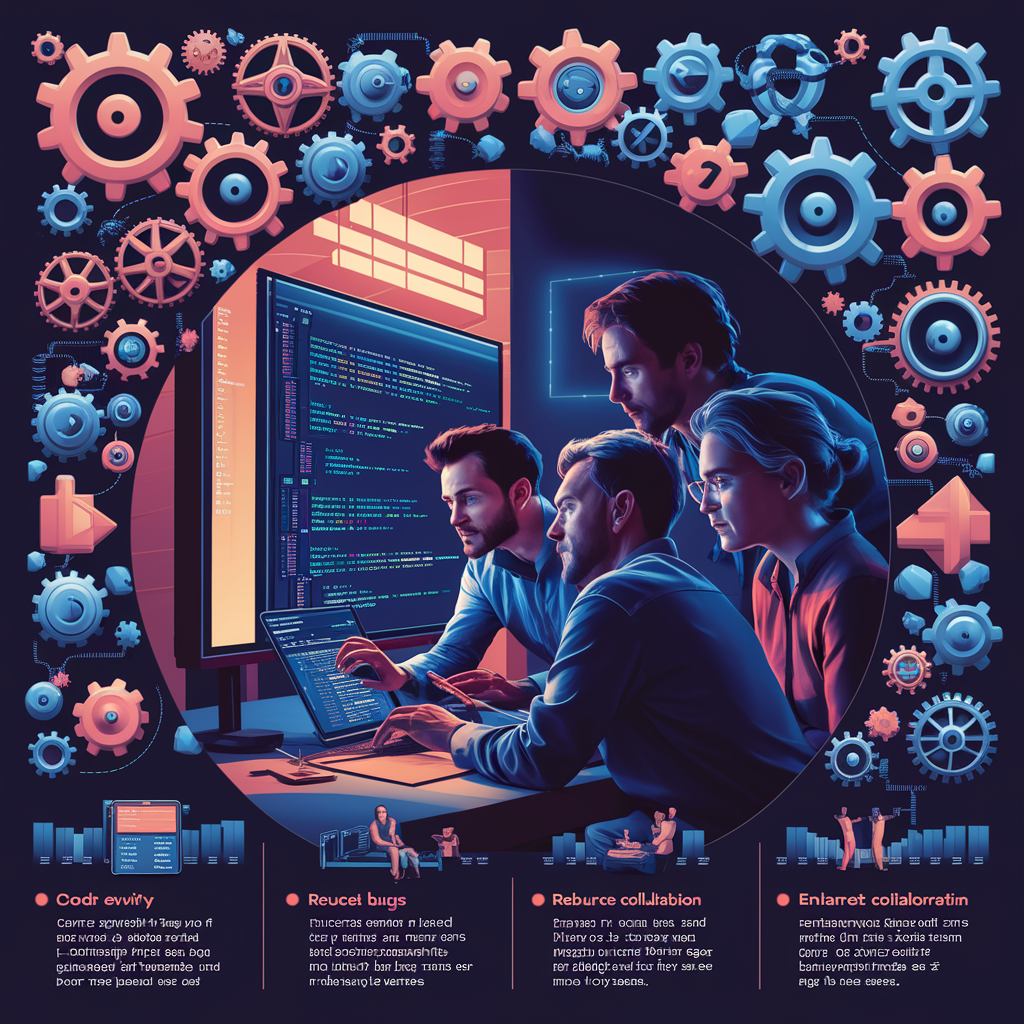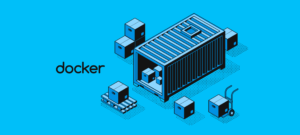In the DevOps ecosystem, code review plays a critical role in ensuring the quality, security, and maintainability of software. It bridges the gap between development and operations, fostering collaboration, knowledge sharing, and continuous improvement.
What is Code Review?
Code review is the process of systematically examining code written by one developer, by another developer or a team of developers, before it is integrated into the main codebase. This process helps to identify issues such as bugs, security vulnerabilities, and deviations from coding standards early in the development cycle.
Why is Code Review Important in DevOps?
- Improves Code Quality: Code review ensures that the code adheres to the project’s coding standards and best practices. It helps catch issues like inefficient algorithms, unclear variable names, and complex logic, leading to cleaner, more maintainable code.Example: A junior developer might write a function that is complex and hard to understand. A senior developer, during the code review, can suggest a more efficient and simpler approach, improving the overall quality of the code.
- Enhances Security: Code reviews are crucial for identifying potential security vulnerabilities before they reach production. This is especially important in a DevOps environment, where the integration and deployment processes are automated and rapid.Example: A developer might unknowingly introduce a SQL injection vulnerability in a new feature. A peer reviewer with security expertise can spot this issue and suggest the necessary changes to secure the code.
- Facilitates Knowledge Sharing: Code review promotes knowledge sharing among team members. It allows developers to learn from each other’s experiences, coding styles, and problem-solving approaches, fostering a culture of continuous learning.Example: A team member introduces a new library or framework in the codebase. Through the review process, other developers can learn about this new tool and its appropriate usage.
- Ensures Consistency Across the Codebase: Consistency in coding style and conventions is vital in large projects with multiple developers. Code reviews help ensure that all developers adhere to the same guidelines, making the codebase more cohesive and easier to navigate.Example: One developer might prefer using single quotes for strings, while another prefers double quotes. Code review helps in establishing and maintaining a consistent style across the codebase.
- Encourages Collaboration and Communication: Code reviews are not just about finding faults; they are about fostering a collaborative environment where developers can discuss and refine each other’s code. This communication helps in building a stronger, more cohesive team.Example: During a code review, a developer might suggest a different approach to a problem. This can lead to a constructive discussion, resulting in a better solution and enhanced team collaboration.
Best Practices for Effective Code Review in DevOps
- Set Clear Guidelines: Establish clear code review guidelines to ensure that all team members understand the expectations. This includes defining what aspects to focus on, such as code style, logic, performance, and security.
- Automate Where Possible: Use automated tools to check for basic code quality issues, such as linting errors and formatting. This allows reviewers to focus on more complex aspects of the code during manual review.
- Keep Reviews Small and Focused: Reviewing small, focused changes is more effective than trying to review large chunks of code. It reduces cognitive load and makes it easier to spot issues.
- Encourage Constructive Feedback: Feedback should be constructive and aimed at improving the code, not criticizing the developer. Encourage a positive, supportive tone in code reviews.
- Integrate Code Reviews into CI/CD Pipelines: Incorporating code reviews into the Continuous Integration/Continuous Deployment (CI/CD) pipeline ensures that all code is reviewed before it is deployed. This helps maintain high-quality standards in production.
Conclusion
Code review is an integral part of the DevOps lifecycle, contributing to better code quality, enhanced security, and a collaborative team environment. By implementing effective code review practices, organizations can ensure that their software development processes are robust, efficient, and aligned with the principles of continuous improvement.
Tags
DevOps #CodeReview #SoftwareDevelopment #ContinuousIntegration #ContinuousDeployment #SoftwareQuality #Security #Collaboration #BestPractices #CodingStandards #Automation #KnowledgeSharing #SoftwareEngineering





